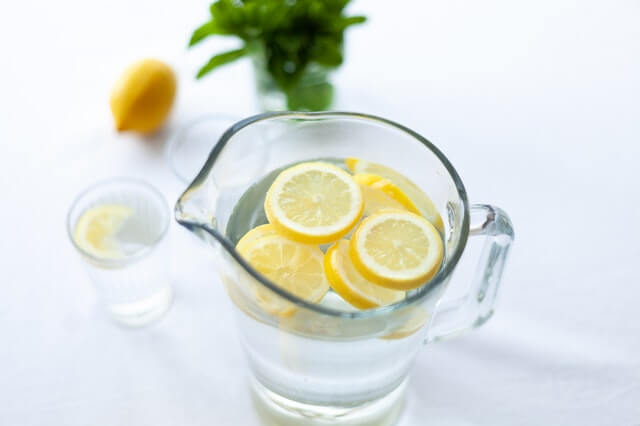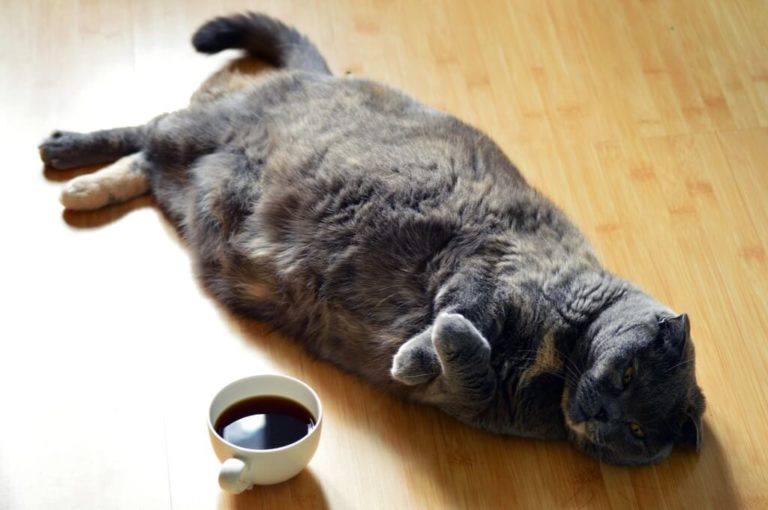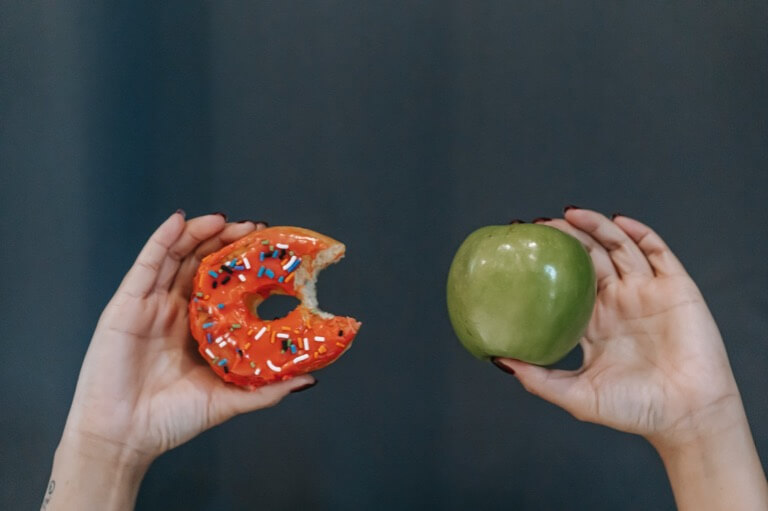HOW TO USE LEMONS WITH INTERMITTENT FASTING.
LEMON JUICE
2 tablespoons (TBSP)
8 kcal / 2.6g carbohydrates / 0.7g sugar
1 lemon = 51% VITAMIN C (RDI)
WHOLE vs. SQUEEZED
It is generally believed that lemon reduces hunger and helps with weight loss. Here’s the catch; we must make a distinction between eating the whole fruit and drinking only the juice of a lemon. If you eat the whole fruit, you’re benefiting from soluble pectin fiber which is what makes people feel fuller, however if you’re only drinking juice with no fiber the fullness element may not apply.
STUDY
In regards to lemons and weight loss I found this 2008 study conducted on mice, investigating the effects of lemons on weight loss, so far I found none on humans.
The obese mice were divided into 3 groups; The first group was fed a low fat diet, second group, high fat diet and third group a high fat diet with 0.5% of lemon polyphenols extracted from lemon peel. At the end of 3 months the researcher concluded that:
supplementation with lemon polyphenols suppressed body weight gain and body fat accumulation
The levels of insulin, blood sugar and leptin (satiety hormone) were also significantly improved.
IRON ABSORPTION
There are many potential benefits of drinking lemon water but one that stood out for me is the fact that Vitamin C is essential in the absorption of plant based (non-heme iron). I guess we could say that drinking lemon water during a fast as well as with meals has its benefits.
INTERMITTENT FASTING

In terms of fasting and lemons you appear to have 2 options;
1. You can mix straight lemon juice in your water, which ultimately adds some calories and fructose, therefore limit your intake to perhaps 1/2 or 1 lemon per day if the rest of your beverages are calorie free.
2. If you want to play it safe, simply cut up some fresh lemon slices and let it infused into your water. This option adds virtually no calories but you can still taste some lemon flavour. Do not eat the slices of course.
Lemon and lime wedges in water are approved by Dr Jason Fung in ‘The Complete Guide to Fasting’ book on page 254 as a safe addition to your water when fasting.
People who experience dry mouth or “cotton mouth” when fasting may also benefit from lemon water during a fast considering citric acid is known to promote saliva.
In conclusion, a limited amount is unlikely to raise your insulin and thus will not break your fast. The same goes for ketosis, lemons will not kick you out of ketosis and there doesn’t seem to be a reason as to why lemon juice should negatively impact autophagy.
If you’re fasting for gut rest you may want to avoid lemons altogether.
BUT..CALORIES
Yes calories break a fast, however as with everything, the level of flexibility depends largely on your goals. If you find drinking lemon water beneficial and still getting closer to your goal then keep doing what you’re doing. If you notice any side effects or stalling perhaps reconsider.
skip or keep
if adding lemon juice helps you drink more water and fast longer, keep going!
QUICK READ
LEMON JUICE
enhances fasting benefits | does not raise insulin | does not break a fast | limit intake
1 fruit or less, juiced
- digestion
- bloating
- alleviates hunger
- promotes satiety
- improves absorption of non-heme iron
- dry mouth
- may prevent kidney stones
- could help with anemia
- may reduce risk of cancer and heart disease
although generally safe
vitamin C may interact with some medications
please contact your doctor or a pharmacist for advice
- possible heartburn from citric acid
- enamel erosion, use a straw to protect your teeth
- up to 1 week in room temperature
- up to 4 weeks sealed in a plastic bag and kept in the refrigerator
- vitamin C supplements are unlikely to break a fast BUT beware of added sugars and fillers
- preferably take your vitamins in your eating window
helps absorb iron from plant based foods
*some references are highlighted as direct links within the article
National Institute of Health: Vitamin C Fact Sheet for Consumers
Fukuchi, Yoshiko et al. “Lemon Polyphenols Suppress Diet-induced Obesity by Up-Regulation of mRNA Levels of the Enzymes Involved in beta-Oxidation in Mouse White Adipose Tissue.” Journal of clinical biochemistry and nutrition vol. 43,3 (2008): 201-9. doi:10.3164/jcbn.2008066







